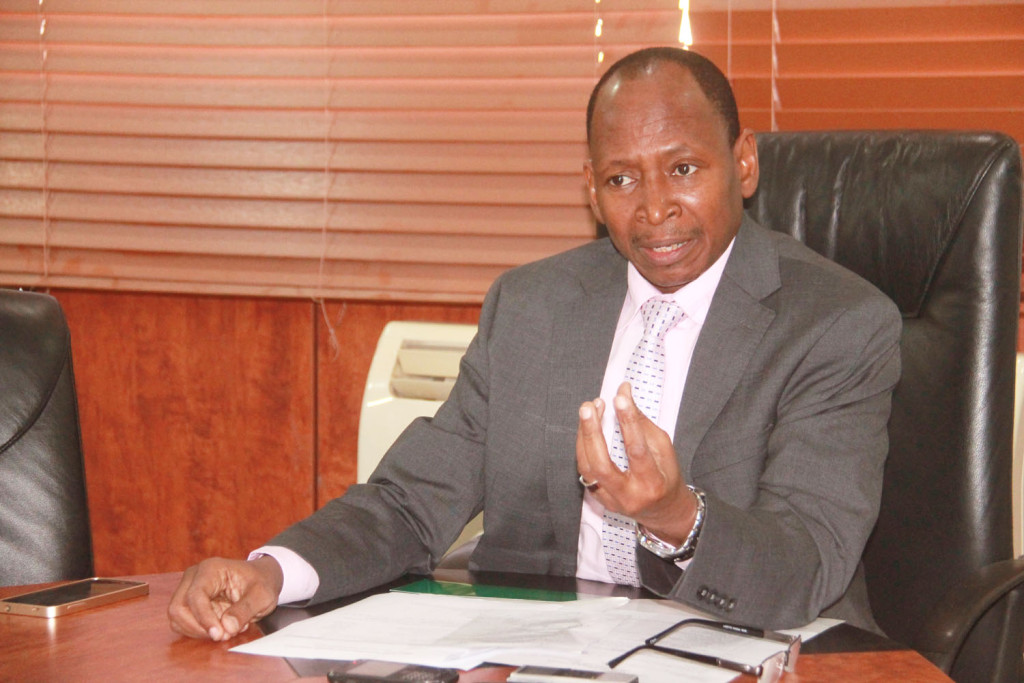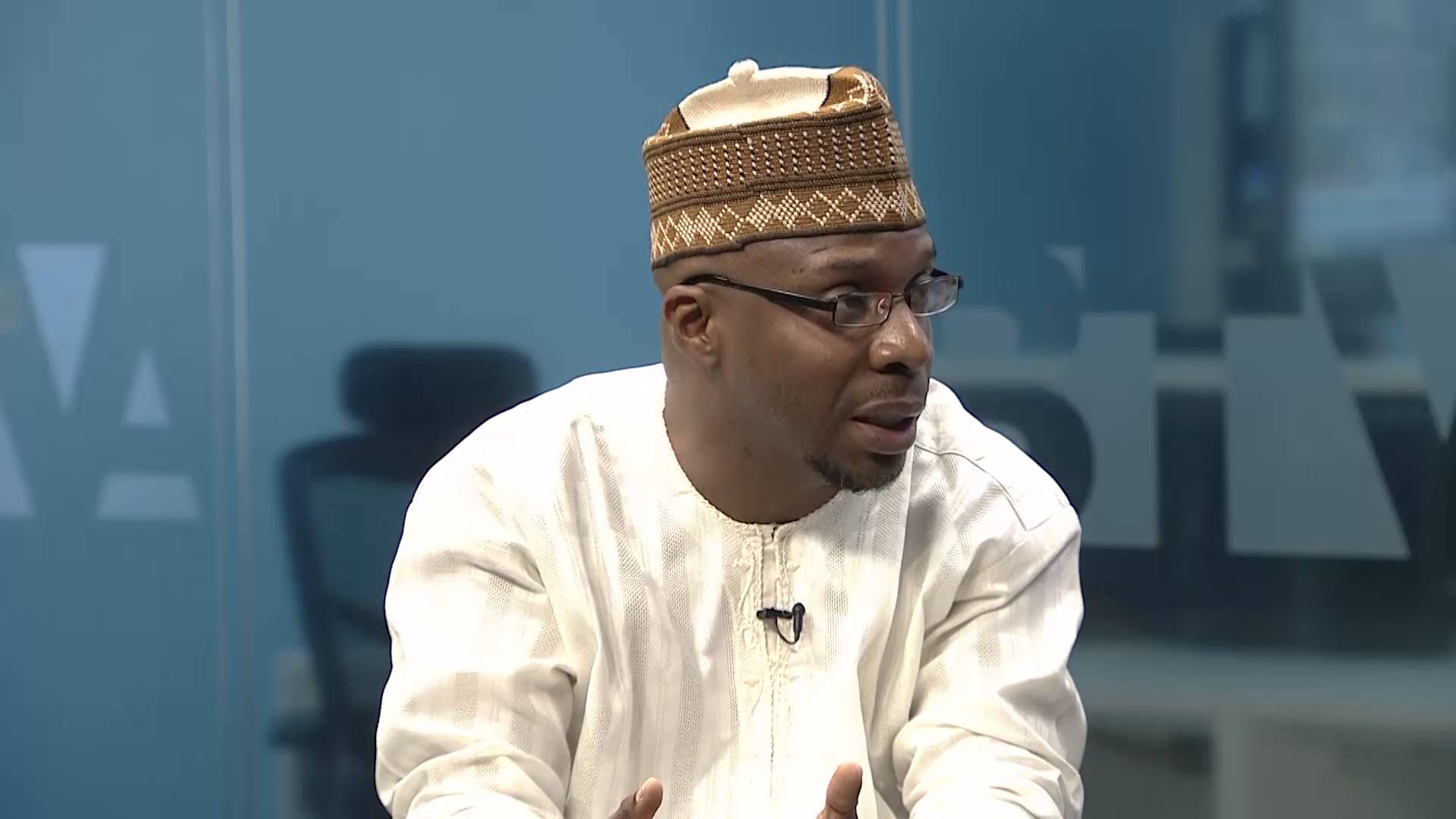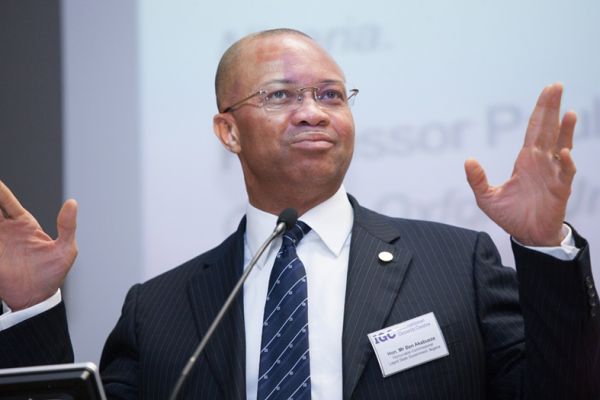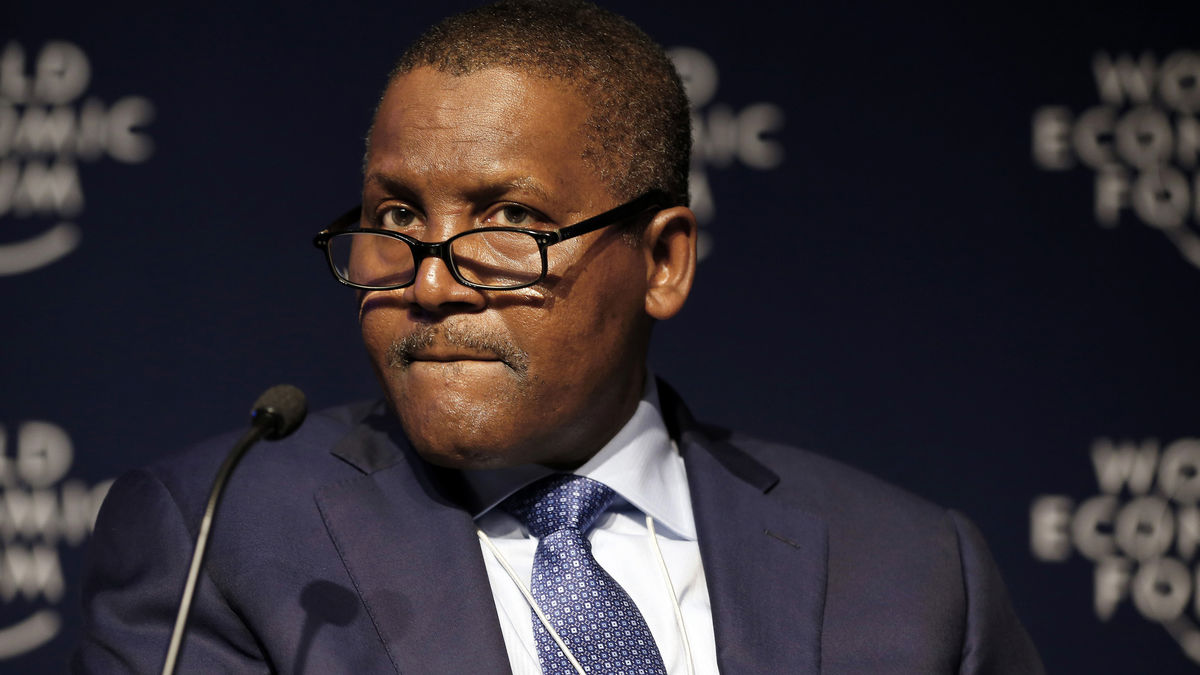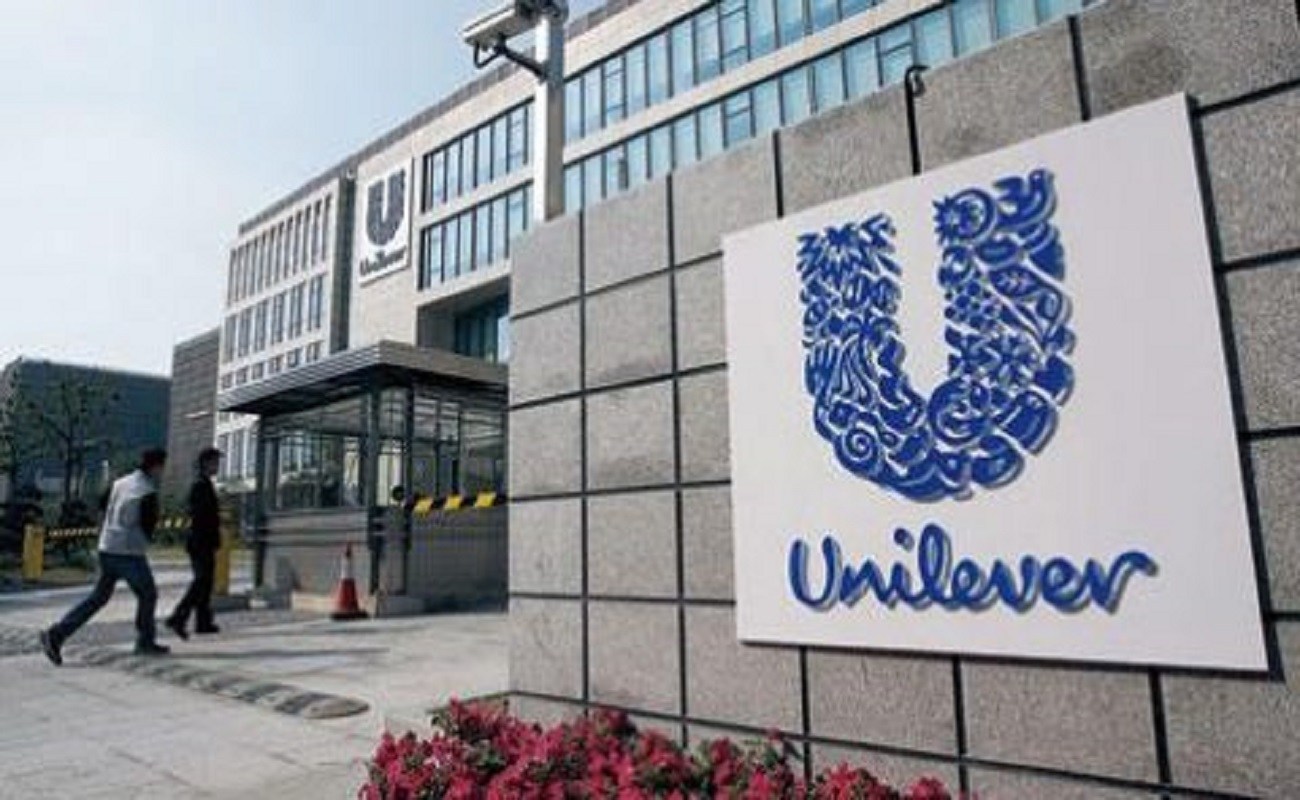Minister of Finance, Budget and National Planning, Mrs Zainab Ahmed, has said at the moment, the revenue to Gross Domestic Product (GDP) of Nigeria stands at 8 percent, promising to increase this ratio to 15 percent by the end of the present administration of President Muhammadu Buhari in 2023.
Mrs Ahmed made this disclosure on Thursday at the International Monetary Fund (IMF)/World Bank annual meeting in Washington DC, in the United States of America (USA).
During her remarks, the Minister said part of ways to meet this target is to increase the revenue streams of the country by introducing taxes and expanding the present tax base.
She said it was necessary for the country, which is Africa’s largest economy, to move away from relying solely on crude oil to generate revenue.
According to her, Nigeria’s economy is too dependent on the oil and gas sector, which accounts for just about 10 percent of GDP and represents 94 percent of export earnings and 62 percent of both federal and state governments’ revenues in 2011-2015. She said the country went into recession because the sector suffered shortfall, which dragged the foreign exchange reserves down to $25 billion in November 2016 from $32 billion in January 2015 from a high of $53 billion in 2008.
The Minister said it was because of this economic crisis government came up with the Economic Recovery and Growth Plan (ERGP) in 2017 to diversify the economy and create an enabling business environment.
She noted that since the launch of the 4-year ERGP, “We have recorded year on year improvement on both revenue outturns and revenue to GDP ratio.
“Our revenue outturn as at December 2019 55 percent while it was 58 percent as at June 2019. Our revenue to GDP ratio on the other hand is 8 percent as at end of June 2019 while it was 5 percent as at December 2017.”
According to her, based on the success made so far, the federal government in 2018 launched the Strategic Revenue Growth Initiatives (SRGI), which provides a turnaround blueprint and mechanism that brings together revenue generating entities to review implementation progress.
The Minister said the SRGI was built on three thematic areas including: (1) to achieve sustainability in revenue generation (2) identify new and enforce existing revenue streams and (3) achieve cohesion through people and tools.
She said the initiative includes some cross-cutting enablers including data and technology, performance management and enabling laws and legislations.
“Although, the SRGI contained a robust set of initiatives that was cascaded down as program portfolios to revenue generating entities, it lacked the opportunity sizing of the incremental revenues to be achieved
practically and realistically, given the current and projected structure of the Nigerian economy. This also made it difficult to in turn cascade down the revenue to GDP target of 15 percent by 2023 that was given by the presidency.
“This time around, there are performance targets with consequences for non-performance including the members of the cabinet. For example, I have signed to deliver the 15 percent revenue to GDP in a performance contract and this will be cascaded down to Heads of revenue generating entities to have them aligned to our mission of turning around revenues,” Mrs Ahmed said.
The Minister assured that government will continue to build on the gradual growth in economy, which has recorded nine consecutive quarters of GDP increase, with the annual growth rising from 0.82 percent in 2017 to 1.93 percent in 2018, and 2.02 percent in the first half of 2019.
She attributed this to “our economy’s resilience and gives credence to the effectiveness of our economic policies thus far.”
“We also succeeded in significantly reducing inflation from a peak of 18.72 percent in January 2017, to 11.02 percent by August 2019. This was achieved through effective fiscal and monetary policy coordination, exchange rate stability and sensible management of our foreign exchange.
“We have sustained accretion to our external reserves, which have risen from $23 billion in October 2016 to about $42.5 billion by August 2019,” she added.
